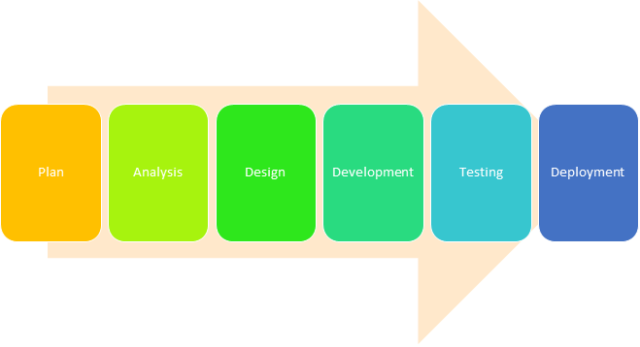Importance of a Business Analyst (BA) in any ERP project can be determine from his role throughout the project implementation even before getting the project and post implementation phase. Business analyst role in unavoidable while responding to client RFP because it’s a stage where BA needs to validate client business compatibility with an ERP and need to identify overall gap. Planning is more about project life-cycle management, human resource allocation and data migration planning where BA has to provide accurate estimates for OOTB (out of the box) project implementation and proposed customization.

Whereas design is concerned, it is a stage after analysis. If structural analysis completed with system design in view then design phase would not be lengthier and challenging. Design needs expertise in ERP application. Deployment is more technical part but this phase also requires BA to explain scenarios to cover under functionality. In post implementation, BA needs to validate new requirements and impacts on existing functionality. There are several job titles existing for this role based on diversified position hierarchies or organization structures in the industry such as functional consultant, business consultant, system analyst, business analyst, functional analyst, solution architect.
The foremost important skills you should have as Business Analyst are; Client business domain knowledge and Structural requirement gathering.


